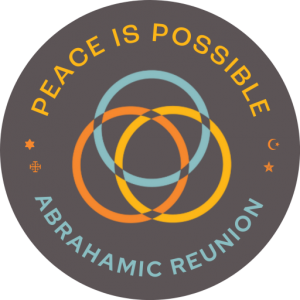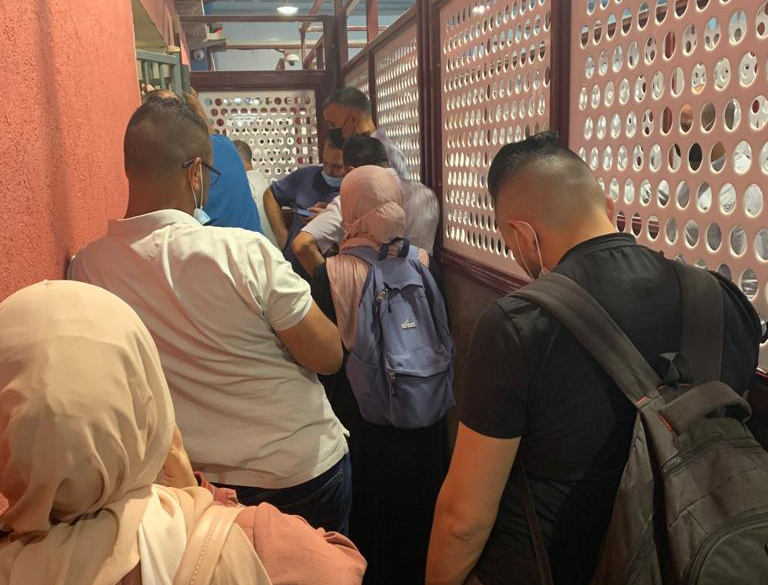
By Mohamad Jamous
August 2022, RAMALLAH, PALESTINE
Every morning we wake up to a new day, a day full of hope and challenges.
A day that we don’t know and we don’t know what its contents will be.
In Palestine, the situation is very different. Life here is a complicated life. We wake each day to a new feeling, we can’t tell each day if it will turn out for good or for bad, if there will be any demonstrations, incursions, killings, or house demolitions.
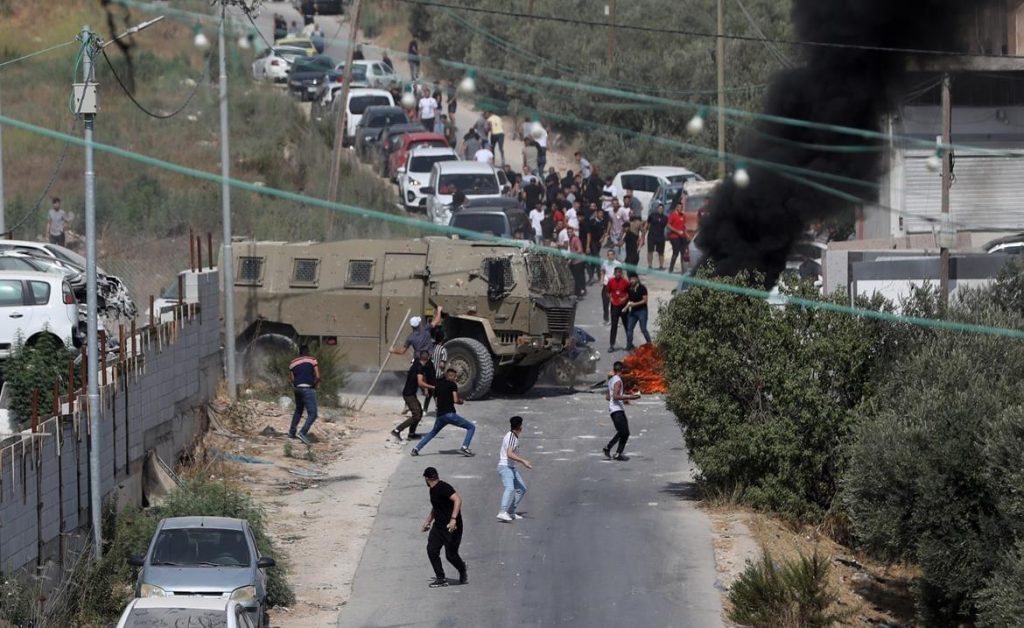
A minute of calm can come after days of violence.
A minute of peace can come after days of struggle.
A minute of bliss can come after days of stress.
No one knows what will happen, where, and how.
We start our day by trusting God and trying to feel that we are fine, and that everything is fine, and indeed it is the opposite.
Difficult moments come to us suddenly and last days without stopping – and here comes our role.
Our role comes as peacemakers to sow hope in this land, which has drunk the blood of Israelis and Palestinians for many years.
Our role comes as workers and warriors for goodness between two peoples who have tasted bitterness and violence for many years.
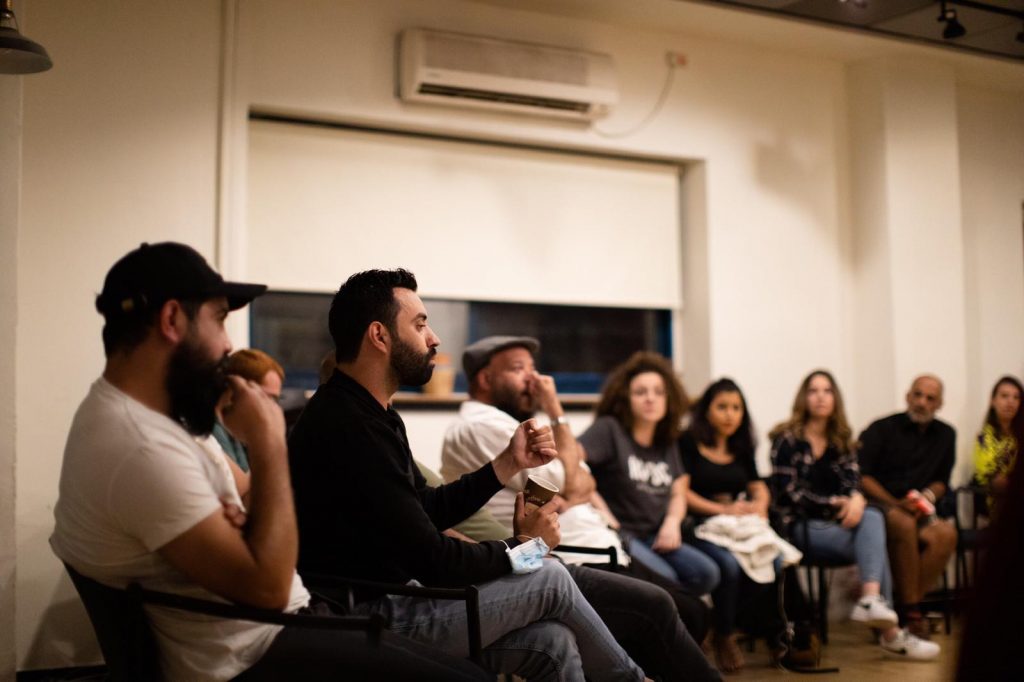
At every moment of conflict and war between the two peoples, we fight in order to extinguish the fire of this conflict, in order to control this conflict that occurs from time to time.
Are we tired? Yes, it is tiring, it is very tiring when standing up to quench the fire of hatred and tension between the two peoples, especially in light of these difficult and painful moments. Very tired when we exhaust all our energies and strength in order to stand up and defend the good, reject hatred, and achieve peace between the two peoples.
Risk? Yes, working in this field is very dangerous, especially for Palestinians, as you know that normalization and working with the Israelis is not allowed for us as Palestinians, especially by the Palestinian National Authority.
I was previously imprisoned twice because of my work as a Palestinian peacemaker who cultivates love and goodness between the two peoples.
But I didn’t give up, you know why? I did not give up because I believe in every sense of the word that this path is the right way to end the conflict between the two peoples.
I really believe that bringing people together at the same table is a major cause of change for the better.
I very much believe that the peace process will flourish through the younger generation that we are working with extensively at this time.
As I mentioned at the Parliament of the World’s Religions in Toronto, 2018, and I said to everyone especially in the older generations: you started this path to peace and now it is our turn to complete the path and plant it in the hearts of the young.
It is our turn to educate the new generation of Palestinians and Israelis about the importance of achieving peace and ending the conflict that has destroyed so many lives and left so many painful memories.
Life here in Palestine is a life like hell, a life full of challenges and hardships that the people face due to the restrictions imposed by the Palestinian National Authority and the Israeli government.
It is a life like prison, forbidden to speak, forbidden to cross the border, forbidden from traffic. It is forbidden to possess dignity and freedom in their full forms.
But despite all these challenges, the Palestinian people remain steadfast in order to earn a living, in order to provide a decent life for their children.
As you know that a large percentage of the Palestinian people, most of whom are university graduates with different specializations, work inside Israel in construction, factories, and restaurants after obtaining special work permits that give them the ability to work under certain restrictions.
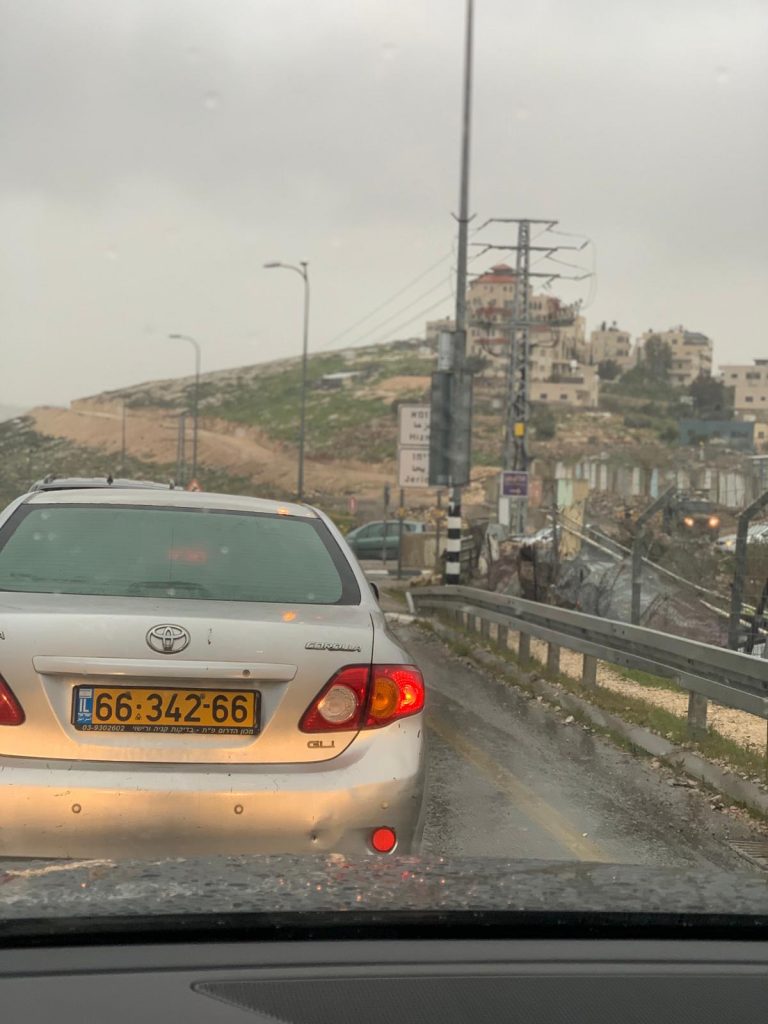
They all get up at four in the morning to go to the security checkpoints to cross into Israel, and finish their work at six in the evening to go back to the West Bank again.
The biggest question remains, why do the Palestinians work inside Israel and not in their cities and villages?
The average salary for working inside Israel for a Palestinian ranges from 5000 shekels, which is equivalent to 1500 dollars, and this payment varies between each facility and the other.
While the basic salary of a Palestinian in their cities (West Bank) ranges from 1800 shekels, equivalent to 550 dollars.

Knowing that the monthly basic needs costs in Palestine such as electricity, food, schools, etc. range between 7000-8000 shekels for the average family, this makes many Palestinians go and work inside Israel despite their studies and graduation from some Palestinian universities with excellent grades.
And let me remind you that many Palestinians who live in Palestine do not have any kind of insurance because of the high cost of personal insurance. If someone needs to go to the hospital and have an urgent operation, he must provide the money, at any cost.
This is one of the main reasons why the Palestinian lives a difficult and bleak life.
And here I come back and tell you that despite this bleak life, we wake up every day trying to plant optimism in our day, trying to forget everything that hinders us and everything that makes us feel bad.
Very tiring, but even more necessary.
It is very necessary that we remain on top of our work as peacemakers. It is very necessary that we struggle and struggle to secure a decent life for the Palestinian people and the Israeli people.
This is how we return to the Abrahamic Reunion.
In my role as a Palestinian peacemaker and program manager for the Abrahamic Reunion, I fight daily, both individually and collectively, for peace in the Holy Land, even if it costs me my life.
I was raised and am raised in a benevolent family, and I received the greatest degrees of education to reach what I am now.
In recent days, we have focused our work on the youth and younger age group, and unfortunately we recognize that much of this generation is an angry generation full of hatred for the other party. That is why we focus our work on this group through new and different educational programs that will be enacted in the schools.
These programs will have a great and positive resonance, after a long study and the development of a tight plan to disseminate these programs in schools, universities and educational institutions.
Programs aimed at changing misconceptions about the Israeli-Palestinian conflict with the firm belief that it is essential for students on both sides of the border to recognize the traumas and victories of both peoples, as well as the contributions of both sides to this age-old conflict.
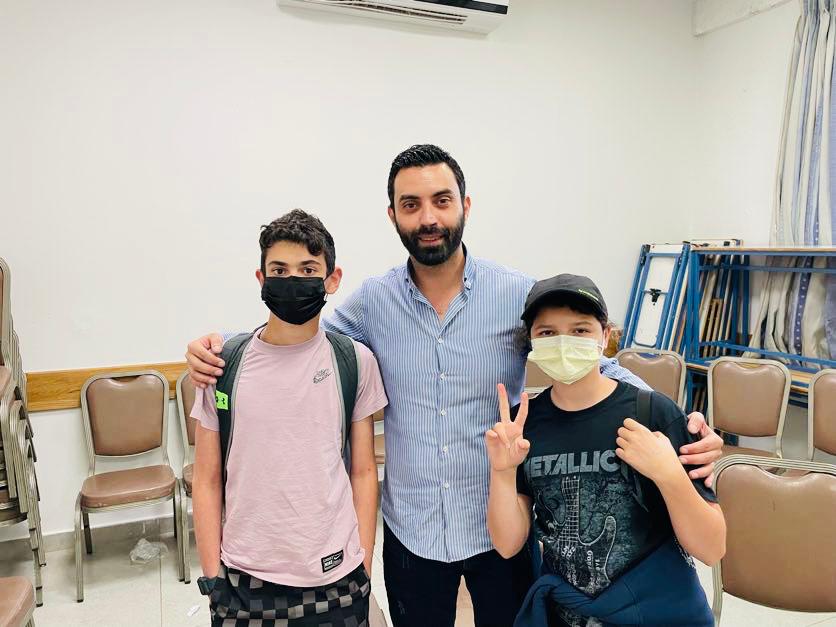


During the past two months, I coordinated and arranged with some Palestinian schools to present programs to achieve peace, end conflict, and to teach students about the importance of our work together, and the work of the AR.
I will soon start working in these schools in the hope that we will achieve a big change in the positive side as we have achieved before.
It is through education that we can make so much change here, and we are making it.
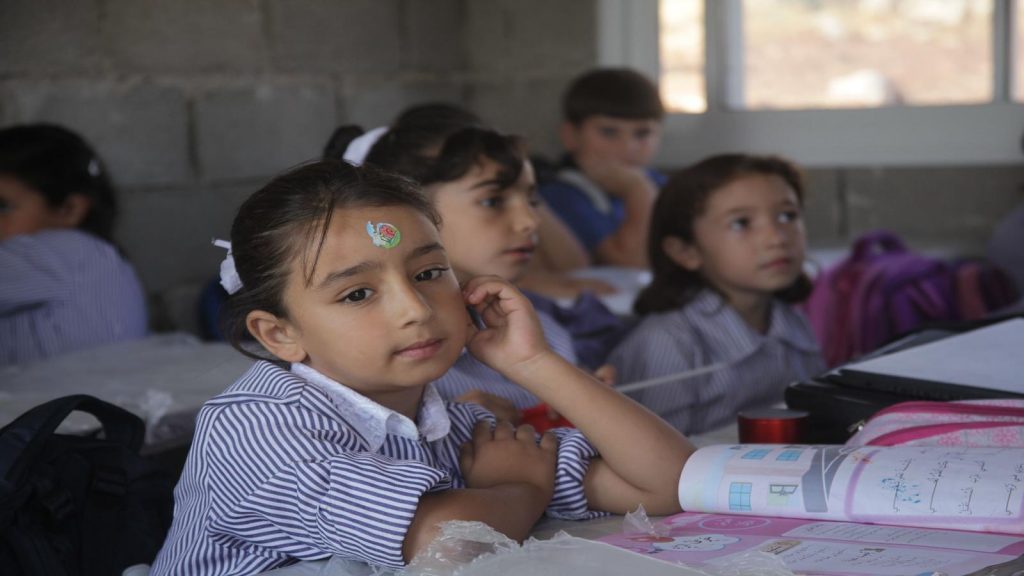
I may tell you that I recently registered at the Arab American University in Ramallah to study a master’s program in international law and diplomacy.
My study in this program would develop my work as a Palestinian peacemaker under the administration of the Abrahamic Reunion and develop me and my expertise in this field.
My dear friends, I want you to know that life in Palestine is not easy, and that there are many complications and difficulties faced by the Palestinian people in general.
I want you to know that my private life is not easy either, as many of the responsibilities that I bear on my shoulders, the first and most important of which are working to achieve freedom, dignity and peace-making in this Holy Land.
The land visited by millions annually and which has never had peace.
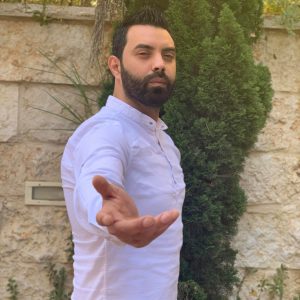
Mohamad Jamous is the AR Palestinian Director of Programs, and lives in Ramallah.

